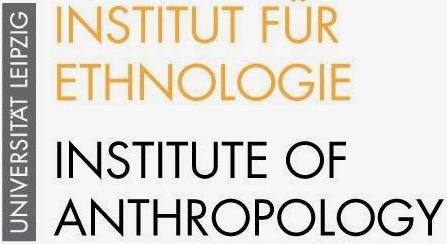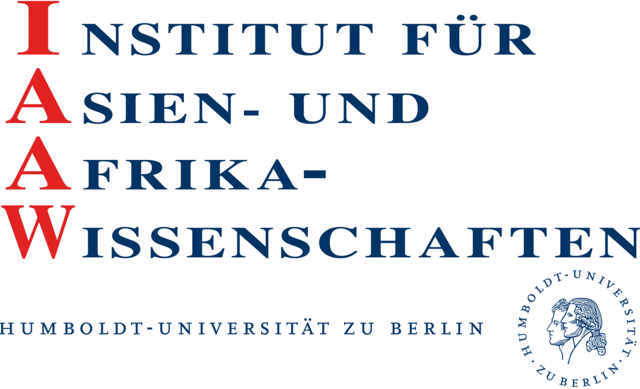First discussion: 15 July 2021; 4 p.m. (CEST)
Decolonising Knowledge Positioned Conversations
Veronika Kusumaryati (Georgetwon University, USA), Thomas Stodulka (FU Berlin, Germany), Ferdiansyah Thajib (KUNCI, Indonesia)
The invention of Southeast Asia (including Indonesia) as an area studies discipline coincided with the Cold War and the US-American expansion and hegemony in the Asia-Pacific. Thus, area studies can be defined as an imperial invention. This history dictated how the area has been understood and studied in European and US academia, i.e. through nationalism, Islam, development.
This roundtable conversation (30 minutes) concerns the following issues: (1) the politics of knowledge production and circulation: who can and who does construct (which) knowledge, through what means, what for, from what perspective? (2) how are colonial legacies being reproduced and/or disrupted in the universities’ representational and hiring politics? (3) How to undo/unlearn colonialism through academic practices? These questions will be discussed from our diverse and decentering epistemic positions. We open the floor for plenary discussion (30 minutes).
Second discussion: Monday, 19. July 2021; 11:30 a.m. (CEST) 3 p.m. (Delhi time)
Knowledge Production and Circulation in India’s Higher Education: Connectivities, Comparisons, Collaborations
Dhruv Raina (Jawaharlal Nehru University, India), Joanna Pfaff-Czarnecka (Bielefeld University, Germany)
All over the world, scholars increasingly engage in decolonising higher education. Important points of departure are the post-colonial critique of the institutional and disciplinary arrangements that are often linked with critical enquiries into the neo-liberal encroachments on academic knowledge production and circulation. These debates and actions have spatial and temporal dimensions. On one hand, the intellectual preoccupations with these concerns have been shifting in significant ways once independence from the colonial rule was achieved. On the other, the debates and measures towards decolonising are spatially situated.
The conversation between Dhruv Raina and Joanna Pfaff-Czarnecka will concentrate on the de-colonial concerns and processes in India’s higher education. It will trace the historical underpinnings of the contemporary interrogations (including ‘pre-colonial knowledge’), debates, events and controversies in the Indian academia while concentrating upon the complex power imbalances between centres and peripheries. The conversation will tackle issues of social exclusion and inclusion and discuss the tensions between excellence and relevance in academic constellations. Disciplinary re-arrangements and curricular reforms will be tackled as one central field for academic self-reflexivity and action. Another important dimension will be the reflection on and comparisons with de-colonial preoccupations in other parts of the world, for instance in South Africa.








